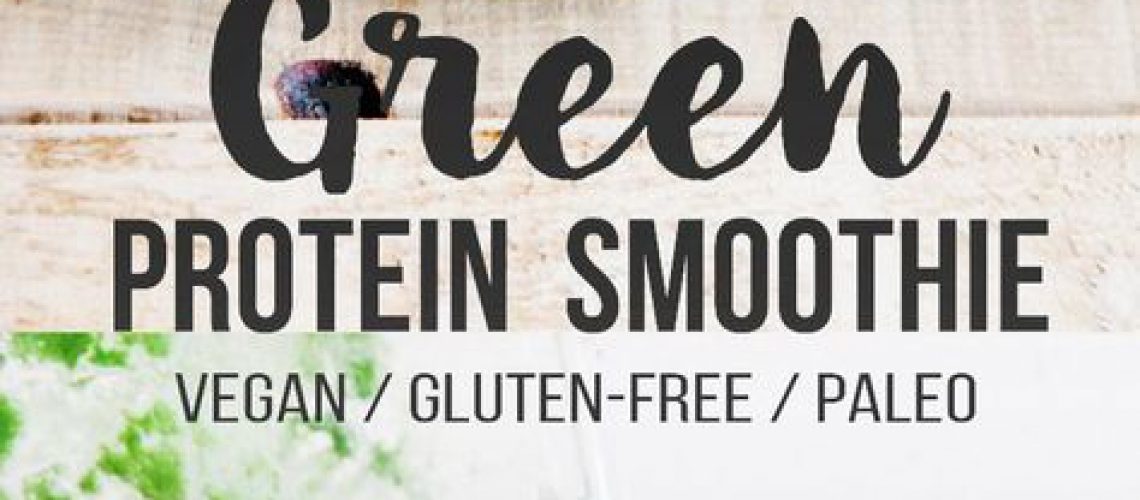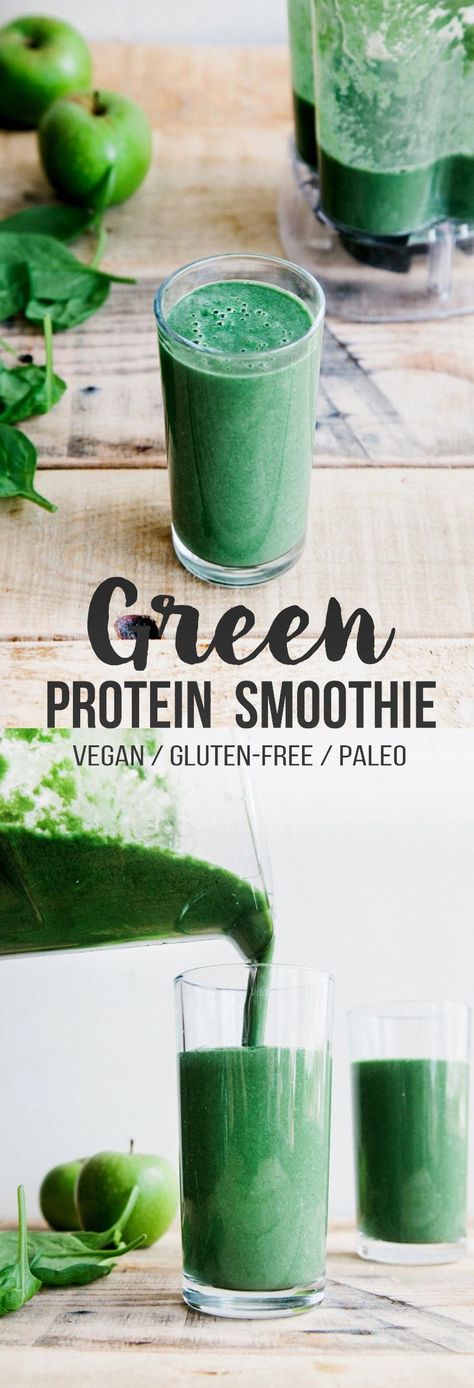Free Shipping Australia Wide
Made with under the sun daily.
Free Shipping Australia Wide
Made with under the sun daily.

Spirulina has, like a lot of natural products, many benefits on the human body. Zoom on this very nutrient rich micro-algae.
It is the spiral shape that contributed to it name.
Spirulina is a form of microalgae, also known as the ‘Inca seaweed’ where it was originally consumed as a food on its own in Mexico. Some African tribes have also used it for a very long time in their daily dishes and mix it with millet, their local cereal. Researchers consider it one of the oldest microorganisms on the planet.
In what form to consume it? It is commercially available in the form of dehydrated powder, flakes or filaments, tablets, capsules and freshly frozen serves.
Spirulina is so remarkable because it contains 50% (dry spirulina) to 71% (fresh spirulina) of high-quality proteins thanks to the high amount of amino acids. It contains the eight essential amino acids that the body need to get from an external source and are essential to us as an organism.

Chlorophyll is also one of its great components: it has a positive effect on the production of red blood cells and promotes the purification of blood.
The unsaturated fatty acids present in spirulina are part of the family of the precious omega family (i.e. omega-3, omega-6 and omega-9) those are very useful to our body.
Phycocyanin, this particular blue colour pigment, is highly appreciated for its detoxifying and stimulating properties of the immune system. It is a very strong anti-oxidant.
Spirulina contains high-quality trace elements such as zinc, selenium, manganese, iron, copper, and chromium. Minerals are present among them too, you will find an abundance of minerals such as calcium, magnesium, sodium, potassium and phosphorus.
Spirulina’s action on the immune system, through the wonderful and unique phycocyanin, acts on the athlete’s hyper-solicited body, has been recognized to stimulates and strengthens it, like a natural “dopant”.
Its purifying and oxygenating effect favours the rapid and efficient evacuation of pollutants and especially lactic acid. This increases the energy availability and promotes optimal recovery after training or competitions of athletes.
Its antioxidant properties also play a major role in cell renewal and reduce the oxidative stress of these cells.
Because of its high protein and amino acid content, spirulina can be an alternative to meat consumption for those who wish to reduce or eliminate it and start a very clean vegetarian or vegan diet. These proteins are very well assimilated by the body because their source is from a plant.
Take one serve of freshly frozen spirulina and add it to your glass of water, a glass of juice or into a blender as another ingredient. You can have one serve before your workout and another for post-workout.

Founded in Southeast QLD and located on Certified Organic farmland, we are an Australian-made Fresh Spirulina commercial farm. We are subject to the Australia New Zealand Food Standards Code and produce fresh Spirulina using food-grade nutrients only, pay attention to the freshness and health of our spirulina.
You can visit us at our social media pages at facebook.com & instagram.com
Founded in Australia, Southeast QLD, Fresh Spirulina is a local biotech health company conducting research and innovation of micro & macroalgae as plant-based food products.
By appointment only
Monday - Friday: 08:00am - 16:30pm
Saturday - Sunday: Closed
'Let's Encrypt' SSL certificate installed on this website
*Disclaimer: Spirulina is Food, not drugs or medicine. Statements made, or products sold through this website, have not been evaluated by the Therapeutic Goods Administration (TGA) Australia. They are not intended to diagnose, treat, cure or prevent any disease. Read More »
All rights reserve © 2023, Fresh Spirulina Australia